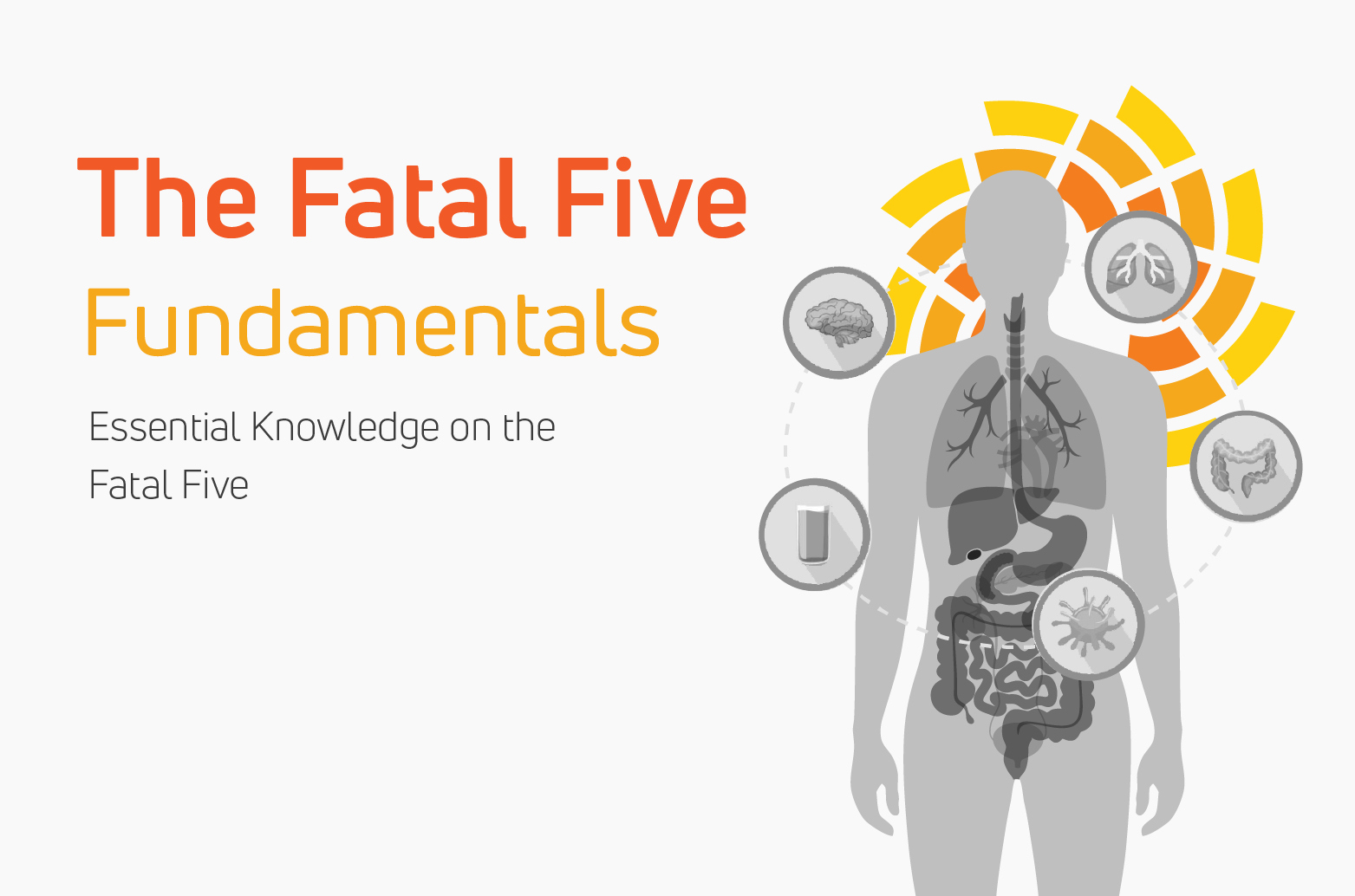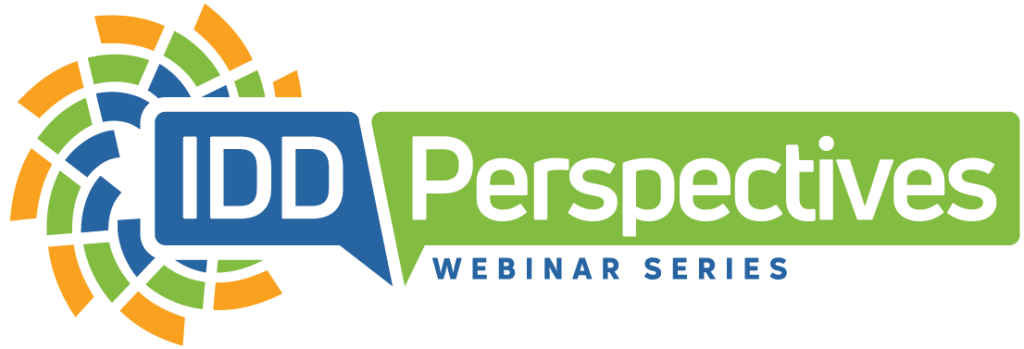
Description:
IntellectAbility collaborated with the University of Georgia and Georgia Department of Behavioral Health and Developmental Disabilities, with guidance from the Department of Justice, to produce a series of eLearn courses discussing the Fatal Five conditions considered preventable causes of death in people with IDD. These online courses are part of our comprehensive spectrum of developmental disabilities training resources, and include targeted training for staff working with developmentally disabled adults and children.
To be effective, classes for developmental disabilities care services require insight into the unique health risks of those with IDD. These self-paced eLearning courses are filled with videos, interactive exercises and visual aids to assist in training, with content designed to constantly engage the student and improve data retention. The result is a student of any educational level who can feel empowered to observe, make informed decisions and take action.
What Are the Fatal Five Conditions?
The Fatal Five (previously known as the Fatal Four) refers to the top five conditions linked to preventable deaths of persons in congregate care settings or in community-based residential settings. These eLearning courses are intended for clinicians and other caretakers who require knowledge on the Fatal Five fundamentals in order to provide appropriate care and support.
While the issues can differ in order of frequency depending on the population being represented, the five conditions most likely to result in death or health deterioration for persons with Intellectual and Developmental disabilities are:
- Aspiration
- Bowel Obstruction
- Dehydration
- Seizures
- Infection/Sepsis
For the purposes of non-clinical staff, infection is focused on since one cannot develop sepsis without an infection. Clinical staff will keep an eye out for sepsis while non-clinicians should focus on preventing and treating infections.
What You’ll Gain
These eLearning courses are intended to assist both clinical and non-clinical staff in the support of adults with intellectual and developmental disabilities. Being aware of the Fatal Five fundamentals is critical for providing adequate support and for appropriately targeting treatment needs. Learn more about the specific modules below, and gain the education you need for better support.
Synopsis by Module
Module Length: 30 Minutes
This module covers the fundamentals of Aspiration. Included are the anatomy of the airway and how positioning and safe-eating techniques can reduce the risk of foreign-body airway obstruction.
After this module, you should be able to:
- Recognize the basic structures of the respiratory tract.
- Identify the signs and symptoms of aspiration and what may cause it.
- List 2 action steps to take if aspiration occurs.
Module Length: 37 Minutes
This module covers the fundamentals of Bowel Obstruction and the related conditions of fecal impactions and constipation. It discusses the causes, signs, symptoms and what support staff can do to prevent or support them.
After this module, you should be able to:
- Recognize the basic structures of the gastrointestinal tract.
- Identify signs of healthy and unhealthy bowel function.
- List 2 action steps to take if bowel obstruction occurs.
Module Length: 27 Minutes
This module covers the causes and risks of dehydration. It includes the signs that staff should watch for and discusses what should be done when.
After this module, you should be able to:
- Define dehydration and recognize the importance of fluid intake.
- Identify the common signs and symptoms of dehydration.
- List 2 action steps to take if dehydration occurs.
Module Length: 36 Minutes
This module provides staff with the basic information they need on seizure types and manifestations along with direction on what to do before, during and after a seizure.
After this module, you should be able to:
- Define seizure and seizure types.
- Record accurate observation of seizure activity.
- List 2 action steps to take when a seizure occurs.
Module Length: 31 Minutes
This module teaches case managers about the severe risks from infections including how to prevent it, how to spot when it happens and what can happen if it is not treated. Infection is focused on as a precursor to sepsis, which is one of the ways an infection can become fatal.
After this module, you should be able to:
- Know what an infection is and how it can occur.
- Identify the signs and symptoms of an infection.
- List 2 action steps to take when an infection occurs.
Module Length: 31 Minutes
This module covers the essential information on Gastroesophageal Reflux or GER. It covers the causes, risks and actions that can minimize those risks, especially aspiration. After this module, you should be able to:
- Define GERD.
- Identify how to recognize symptoms of GERD.
- List 2 action steps to take when a person experiences GERD.
Module Length: 33 Minutes
This module covers common conditions that may be present in persons with I/DD, such as skin conditions, diabetes, falls and other common scenarios. It covers each separate scenario in detail and when and how to act for each.
After this module, you should be able to:
- Learn common conditions that may be present in persons with I/DD.
- Recognize 2 signs of each condition.
- List 2 action steps to take for each of the conditions discussed.
The fatal five Fundamentals
Designed for Direct Support Professionals and general staff. It covers the Fatal Five by clearly defining and illustrating what each item is, how to spot them, who is at risk, what to report and when staff should alert their medical manager or send the person to the emergency room.
THE FATAL FIVE advanced
This course is designed for clinicians. It covers each Fatal Five item with greater depth with an eye to precise signs and symptoms and greater stress on health and safety repercussions. It stresses how to train staff on each item and how to help staff act as a set of eyes and ears so that health issues can be reported clearly as they happen.
THE FATAL FIVE case managers
The Fatal Five Fundamentals with added direction on utilizing this information as a Case Manager. The message is “just because you are not a clinician does not mean you cannot clinically advocate for someone.” All quizzes and scenarios are geared toward helping a Case Manager understand how they can use this information to increase the health and safety of those they serve.




